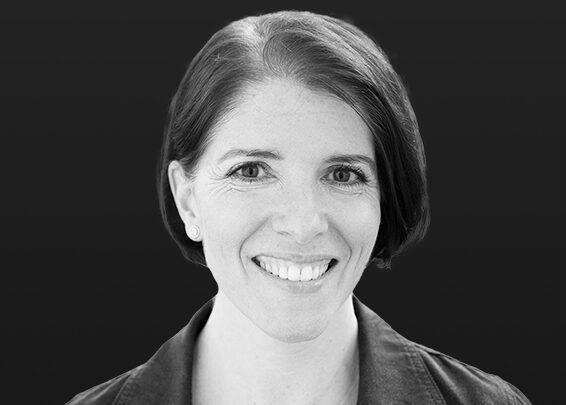The Freelancer and the Entrepreneur | Tory Burch Foundation
The Freelancer and the Entrepreneur
Which are you? Seth Godin shares the common traps people fall into and how you can avoid making the same mistakes.
34,338 Views
0 Likes
3 min read
Link copied to clipboard
A freelancer is someone who gets paid for her work. She charges by the hour or perhaps by the project. Freelancers write, design, consult, advise, do taxes and hang wallpaper. Freelancing is the single easiest way to start a new business.
Entrepreneurs use money (preferably someone else’s money) to build a business bigger than themselves. Entrepreneurs make money when they sleep. Entrepreneurs focus on growth and on scaling the systems that they build. The more, the better.
The goal of a freelancer is to have a steady job with no boss, to do great work, to gradually increase demand so that the hourly wage goes up and the quality of gigs goes up too.
The goal of the entrepreneur is to sell out for a lot of money, or to build a long-term profit machine that is steady, stable and not particularly risky to run. The entrepreneur builds an organization that creates change.
The trap is simple:
Sometimes freelancers get entrepreneur-envy and start hiring other freelancers to work for them. This doesn’t scale. Managing freelancers is different from being a freelancer. Managing freelancers and saving the best projects for yourself gets you into trouble. The cash flow gets you into trouble. Investors don’t want to invest in you because you can’t sell out if you’re a freelancer at heart.
If you’re an entrepreneur, it is impossible to succeed by using your own labor to fill the gaps. That’s because your labor is finite. It doesn’t scale. If it’s a job only you can do, you’re not building a system, you’re just hiring yourself (and probably not paying enough either).
This problem has been around for awhile, and it’s tempting to think that more effort can let us solve it — that we can be both. New tools give freelancers more leverage than ever before, and our culture continues to push us to get big, right now.
The thing is, more effort can’t solve this dilemma for you. Sooner or later, more effort doesn’t scale. Travis doesn’t drive the Uber that picks you up, Sheryl doesn’t do any coding and Jacqueline can’t work with every investment, every day.
THE SOLUTION IS SURPRISINGLY EASY.
If you’re a freelancer, freelance. Figure out how to do the best work in your field, the best work for the right clients. Don’t fret about turning away work, and don’t fret about occasional downtime. You’re a freelance for hire, and you need to focus on your reputation and the flow of business. Find leverage in the form of assistants and outsource the commodities if you can, but your work is always going to be your work.
Freelancers get ahead by becoming more in demand, by charging more (and being worth it). They get ahead by being more connected, smarter, more effective.
If you’re an entrepreneur, don’t hire yourself. Build a business that works, that thrives with or without you. It might not be good for your ego, but it will be good for your bank account.
It’s possible to switch hats, to have side projects, to have two ‘jobs’. But we can’t wear both hats at the same time, can’t freelance our way to entrepreneurial success.
This article was originally published on Medium.com.
Help an entrepreneur by upvoting

